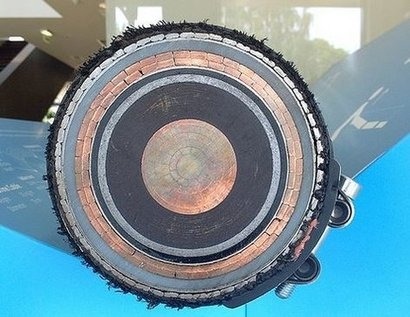
The GE Vernova–Mytilineos consortium will supply and construct two High-Voltage Direct Current (HVDC) converter stations for Eastern Green Link 1 (EGL1), a joint venture between National Grid Electricity Transmission and SP Transmission.
EGL1 will oversee the construction of a 525kV, 2GW bipole Voltage-Sourced Converter (VSC) and HVDC subsea transmission cable from Torness in East Lothian, Scotland to Hawthorn Pit in County Durham, England, enabling the transmission of renewable green energy to power more than two million homes across the UK.
GE Vernova, the consortium leader, and Mytilineos will provide the engineering works and technology for the two VSC HVDC converter stations, which form the terminals for the HVDC cable and convert the direct current to alternating current enabling the transmission of electricity into the onshore transmission network. The HVDC cable system is expected to be approximately 190 kilometres in length. VSC is the latest HVDC technology. HVDC provides the most efficient and reliable means of transmitting large amounts of power long distances subsea.
The design phase will begin in January 2024 and construction will begin in 2025.
“Together with our consortium partner Mytilineos, we are honoured to have been awarded the HVDC contract for EGL1, one of the UK’s largest ever transmission projects” said Philippe Piron, President and CEO of GE Vernova’s Grid Solutions. “This critical project to the UK’s decarbonisation and energy security efforts adds to a growing backlog of projects that are utilising GE Vernova’s advanced HVDC technology.”
Under the contract, GE Vernova will supply its VSC HVDC technology from its facilities in Stafford, UK, including its second-generation VSC valve and its state-of-the-art eLumina control system. eLumina is the industry’s first HVDC control system to use a digital measurement system fully based on International Electrotechnical Commission (IEC) 61850.
Mytilineos will be responsible for engineering, procurement and construction of civil works, balance of plant and installation of all equipment.
Subsea links, particularly in the context of energy transition, play a crucial role in facilitating the development and integration of renewable energy sources, improving grid stability, promoting international collaboration, and contributing to a more sustainable and diversified energy mix.
EGL1 is a key part of the new network infrastructure in supporting UK’s efforts for decarbonisation and security of supply.
For additional information:

